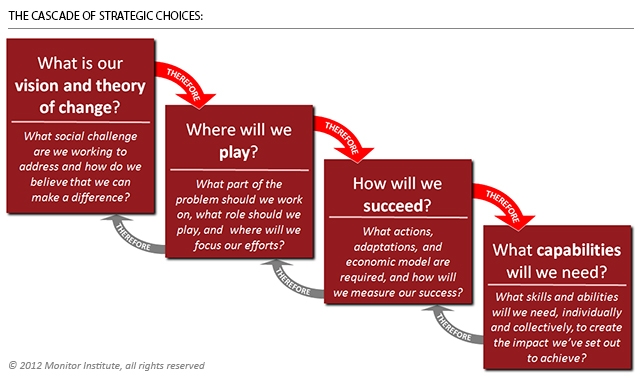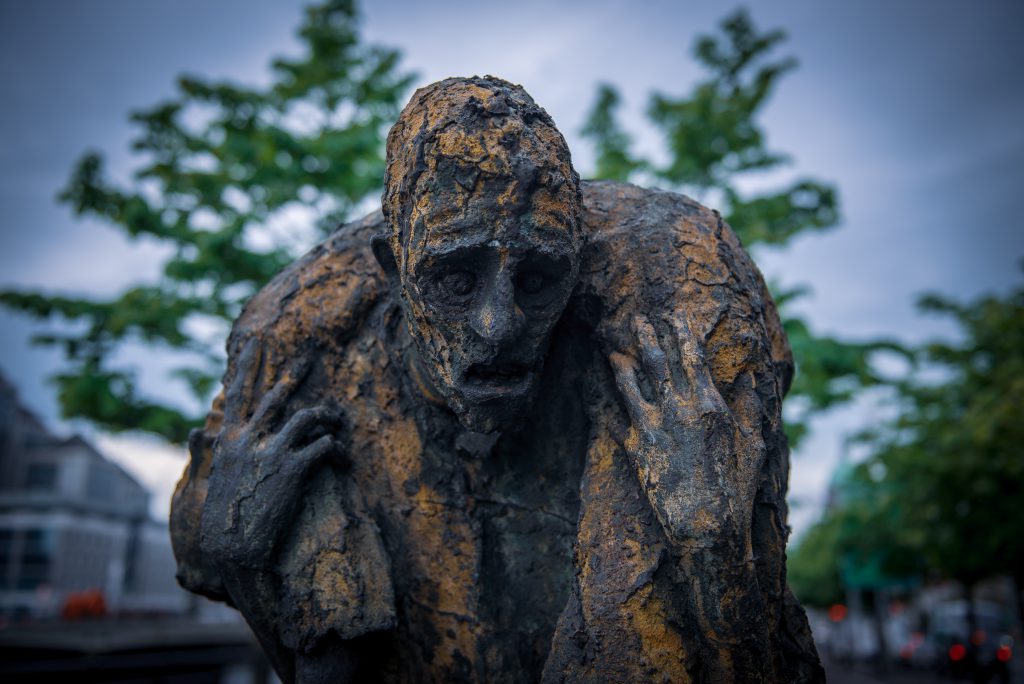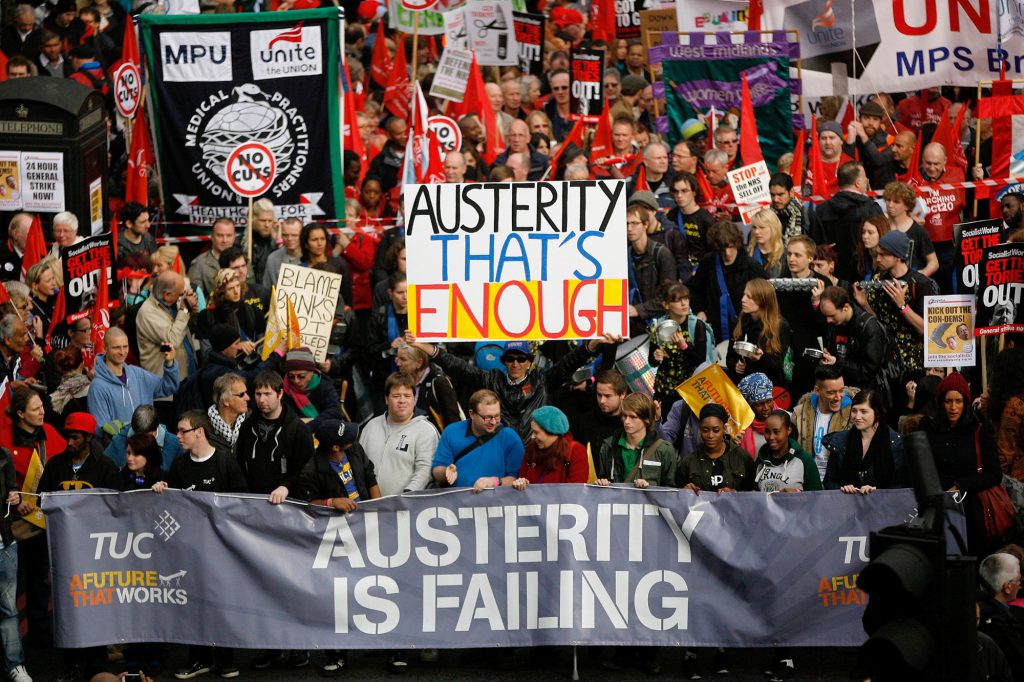Allow me to welcome you to the Caribbean Centre for Research on Trade and Development. Although the name suggests otherwise, our scope extends to regional integration, foreign policy, energy and climate change, agriculture, health, food security: our interests are almost endless. To be honest, it is what makes the Centre a unique organization in the Caribbean region.
Our governments are faced with constant pressure to enact policies to combat unemployment, increase access to education, stay economic crises, increase food security and slow the impact of climate change. Often, these important policy decisions are taken (or not taken) with little or no research input. A number of arguments can be made for the use of research in policymaking, the most important of which is simple: we cannot afford the financial implications of failed policies. Politically, research can contribute valuable lessons to the planning and execution of policies that increase welfare while minimizing loss. Donors are becoming increasingly difficult to attract. Investment is a lost concept. In the current context, it is prudent to employ research to identify cost-effective, actionable solutions to policy problems so as to maximize the utility of public resources.
“I followed Arthur Lewis’ dual sector model, and the myriad arguments against it. Singapore stands as a living monument to that man’s genius.”
A major hindrance in the past has been the fact that academics make their research too tedious for policymakers to dissect, hence the image of a typical 60 page policy paper collecting dust in government archives. Further to that point, research is usually conducted and produced in retrospect. This lack of synchronization between the process of conducting research and developing polices suggests the absence of a functional research-policy dynamic.
But before I delve into where the CCRTD fits into this equation, allow me to tell you where the concept began. The origin of the organization is explained by a number of experiences that only recently began to come together:
- A few years ago, a lecturer (whom I love dearly) and I had a semester-long argument about the status of Nigeria as a failed state. My argument? Nigeria was too young to be judged so harshly. Nigerian society had not developed under the same circumstances as a Brazil or an India or a South Africa for that matter. There had been no progressive military dictatorship, no Indira Gandhi, no Nelson Mandela. When one considers the relative age of the average former colony versus the developed and semi-developed peripheral countries, it is easy to account for the varying levels of development, as well as the sophistication of the political and social structures. A hallmark of youth, I argued, was a categorical lack of vision.
- Last summer, while working as an intern at the Centre for Trade Policy and Law in Ottawa under the directorship of Phil Rourke (brilliant man, Phil), I made an interesting observation. After the movement toward independence in the Caribbean, the former colonies were handed the reins of ultra-specialized economies characterized by trade in primary goods with established colonial trading partners, large unskilled labour forces and a relative absence of capital. Even more damaging was the absence of a dynamic, long-term vision or institutions responsible for supplying information that would validate and support that vision.
- Recently, I was reading an article on Foucault in which he said that he and the generation who were under 20 during the war “very suddenly and apparently without reason noticed that we were very, very far from the preceeding generation; Sartre’s and Merleau-Ponty’s generation”. At about that same time, I’d been thinking of how to fit into the field of international trade, relations and development. That got me thinking that maybe I shouldn’t be working so hard to fit into the established order, especially in countries like ours in the Caribbean with diverse needs and a multiplicity of challenges. Instead, maybe I could find like-minded persons who were interested in distinguishing our mode of thought from the preceeding generation, who wanted to stand out.
In short, I started the CCRTD out of an understanding of the stubbornness (read foolishness) of youth, and also out of an understanding of its audacity. It was conceptualized as a youth-run organization: autonomous and independent, innovative and audacious. As time goes on, we will see how true we stay to that notion.
So…what are we about?
My rationale is simple. As an organization, the CCRTD stands between two estranged concepts: research and policy. Our purpose is to develop a continuous synergistic relationship between the two. By adopting and modifying the observe, orient, decide and act(OODA) loop coined by military strategist John Boyd, we aim to promote a research, reconcile, resolve and administer dynamic in the policymaking process in the region. If we can contribute cutting-edge, policy-relevant ideas to these processes, we can shift the decision-making process toward actionable, cost-effective strategies that contribute to the larger domestic and regional development frameworks in Member States.If we work hard enough at it, we may even be able to change how our people conceptualize development altogether.

“We are all students of history, whether voluntarily or otherwise. If we are looking for insight into the future, we must evaluate our past and present simultaneously and instantaneously. A period in our history that I would love to revisit is the first Caribbean enlightenment: our experiments with socialism. For the first time in our history, the bravest (and the most hardy) among us decided to make decisions about the future of the Caribbean people. Had there been a single-mindedness about the socialist revolution, I believe that we would have achieved our first truly measurable benchmark of development since our independence: free and autonomous thought.”
What’s the situation?
Let us face it: the material conditions of the 19th and 20th centuries have evaporated and have been replaced with the concept of instant responses. A critical success factor that remains constant is planning. The goal or agenda is irrelevant. The fact remains that without a dynamic, adaptive strategic plan, our economies will remain unattractive to potential partners from the developed world and the global South. Any strategy must transition from research to reconciliation to resolution to administration within a relatively short time frame, and always with a long-term achievement in mind. To survive, we must decide what vision we want to pursue, how we intend to make a difference, how we will succeed, and what capabilities it will take to get there (O’Donovan and Flower, January 10, 2013).
What are we getting at?
We believe that informed decision-making is an integral step in the development process. There are many regional and sub-regional organizations engaged in the executive and governance functions of the Caribbean. We aim to support them by working to add value to their mandates. Equally so, we set ourselves apart by concerning ourselves with supplying research that we hope will drive successful policies and open discourse in key areas; engaging civil society through education; broadening the field of vision and correcting the information asymmetry between our leaders and our potential partners; and contributing to the conceptualization and execution of strategies aimed at achieving measurable development goals well into the future.
Again, welcome to the organization and to our blog. Follow us through the other social media avenues, and let’s start talking about the future of our region.






